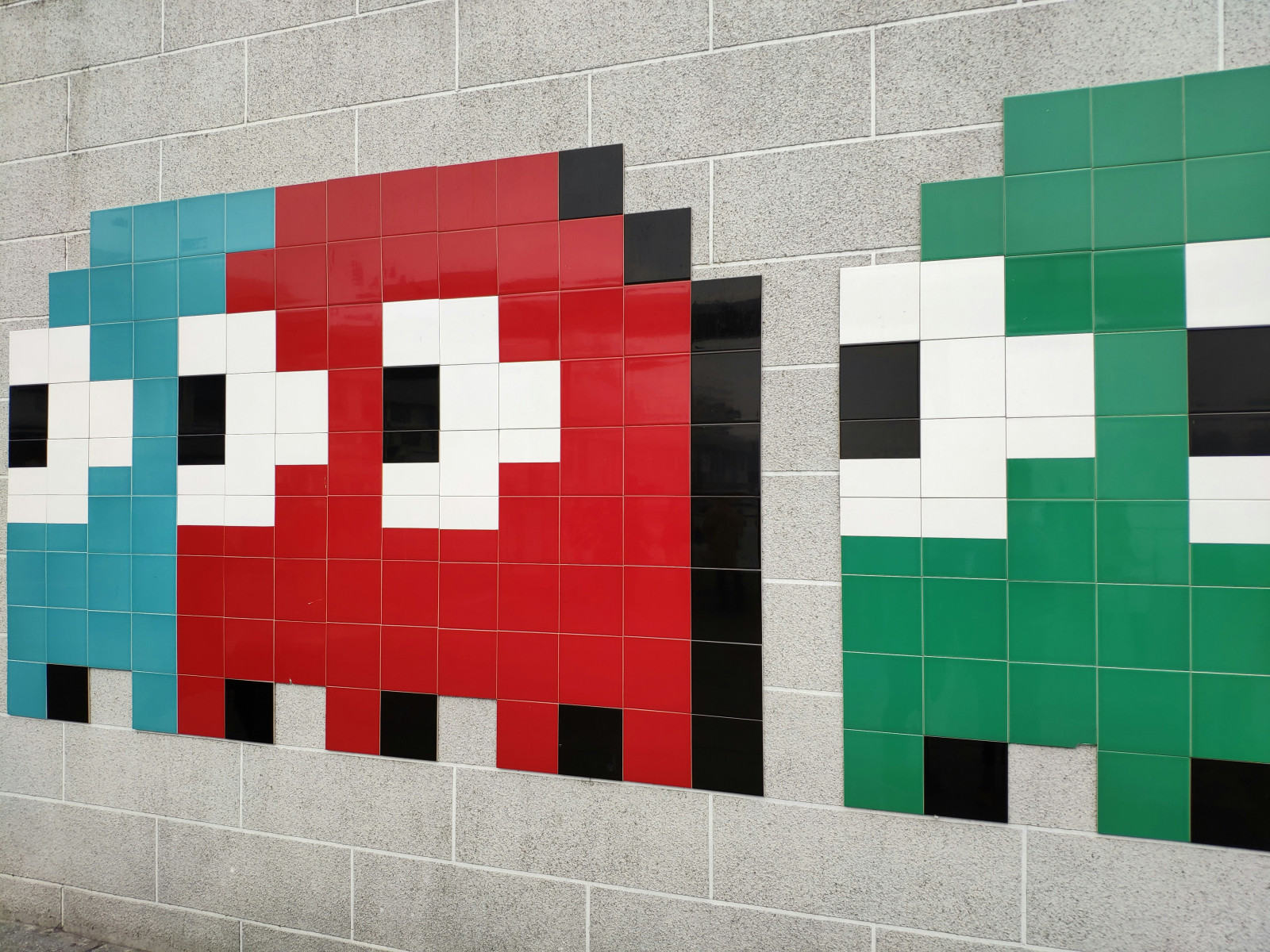Social platforms are eating passive entertainment. Are games eating social?

Photo: kiryl

At Sony Music’s Interactive Tech Day in London on 22nd October, gaming was, ironically, the highlight.
From artist takeovers of Roblox destinations to concert-type experiences in Fortnite Islands, the company’s music strategy is increasingly crossing over with the gaming world – a goal mirrored in the increasing closeness of Sony Music and Sony Interactive Entertainment, according to their respective speakers at the event.
This does not come as much of a surprise, given Sony’s still-infamous Travis Scott concert in Fortnite several years ago. What is new is the growing ease and lowering cost of setting up these experiences, and a shift of mindset towards building standalone experiences like game developers do, rather than just clever one-off marketing tactics. Moreover, these aren't just passive experiences; the 'virtual performances' are key parts of the game itself.
The repeated phrase used was ‘world building’, and the aim is to achieve this type of three-dimensional experience. Players can listen to the music, learn about the artist (being quizzed to get free virtual merch), and pay for that merchandise, all while engaging in associated gameplay and talking to their friends. These experiences are also in free-to-find places on Roblox and Fortnite, allowing for discovery within the gaming ecosystem as well.
In short, gaming is increasingly able to offer artists everything that social platforms seem ever less able to: discovery, monetisation, and deeper fan engagement.
Featured Report
Social 2025 Navigating platforms for fan power
The biggest apps are in the process of disruption. TikTok’s uncertain future and Meta’s apps relaxing content restrictions and fact checking will constitute greater challenges for creators, advertisers,...
Find out more…As social platforms turn to entertainment, eating into time spent streaming music and becoming go-to discovery and consumption destinations, the actual building of social experiences and interactivity is beginning to seem more of a second thought. Platforms are optimising for passive consumption – vis a vis ad consumption – and longer time spent on the platforms. It is less about getting people to post and engage and more about getting them hooked on doomscrolling the short-form video feed.
This is having a negative impact on industries, like music, which have made digital platforms their bread and butter, and rely heavily on social platforms for discovery and fan engagement. An overwhelming amount of content is making cut-through ever harder, and a lack of repeat exposure, and a deprioritisation of social features that encourage users to speak with each other, means that actually building an engaged audience often means getting them off platform – which is difficult to do, given the lack of centralised destination to get them to.
Games are the opposite – offering concentrated exposure to and engagement with artists (notably without demanding the artists’ time in the same way social algorithms do), in a setting where users can interact with the digital world however they please and are encouraged to socialise with each other. They are also increasingly where the youngest generations experience cultural moments, which are key for building social identity (and thus music affinity). Games like Roblox and Fortnite also offer creator tools, much like social platforms – which is still niche on both, but offers those creators more engaged audiences, as even passive consumption in gaming is still comparatively active.
Of course, gaming as the ultimate fan solution has some challenges; namely, a young-skewing (and mostly male) audience demographic that makes this a long-term, rather than a short-term, mainstream opportunity. But the digital environment is evolving, with trends of analogue revival happening at the same time that regulatory bodies are focusing their sights on social platforms, as highlighted by Ofcom's open letter that concludes there was a link between social media messaging and this year's riots. The next generation of audiences is looking for social-powered digital entertainment that adds value to their lives and helps build real connections, and where they are in control. They value authenticity and experiences, while being skittish of corporate grandstanding. In this context, games like Fortnite and Roblox are in the ideal position to compete with social platforms as the next generation’s ‘front pages’ of the internet – leading the charge into the new era of the digital world.

The discussion around this post has not yet got started, be the first to add an opinion.